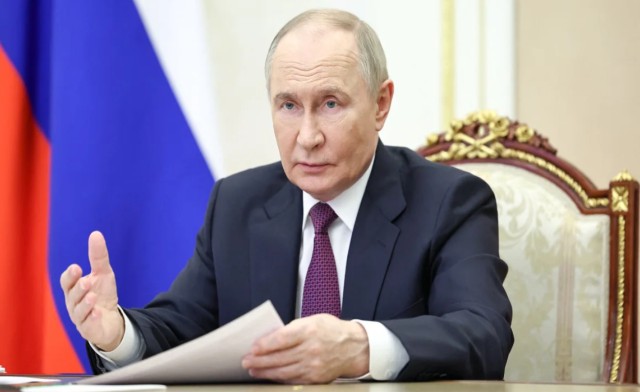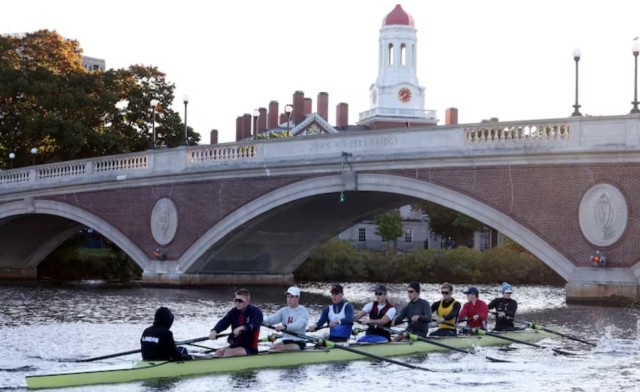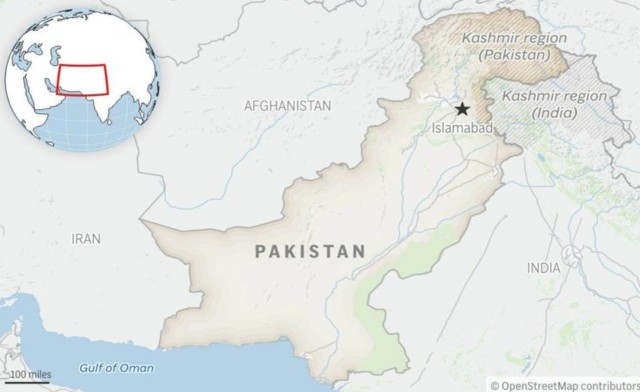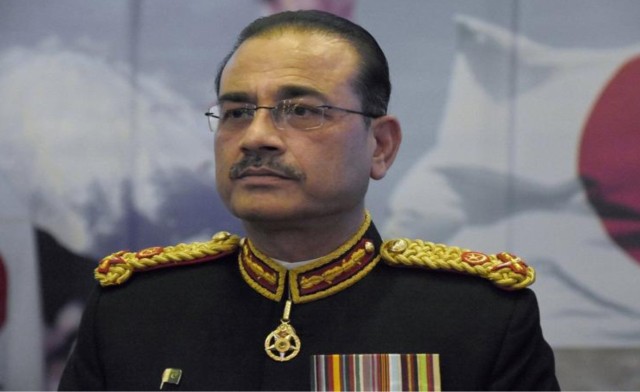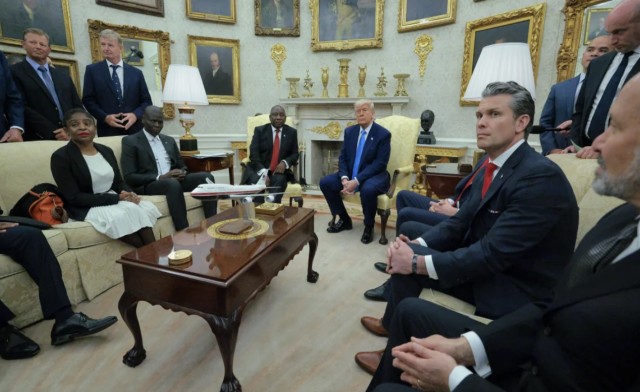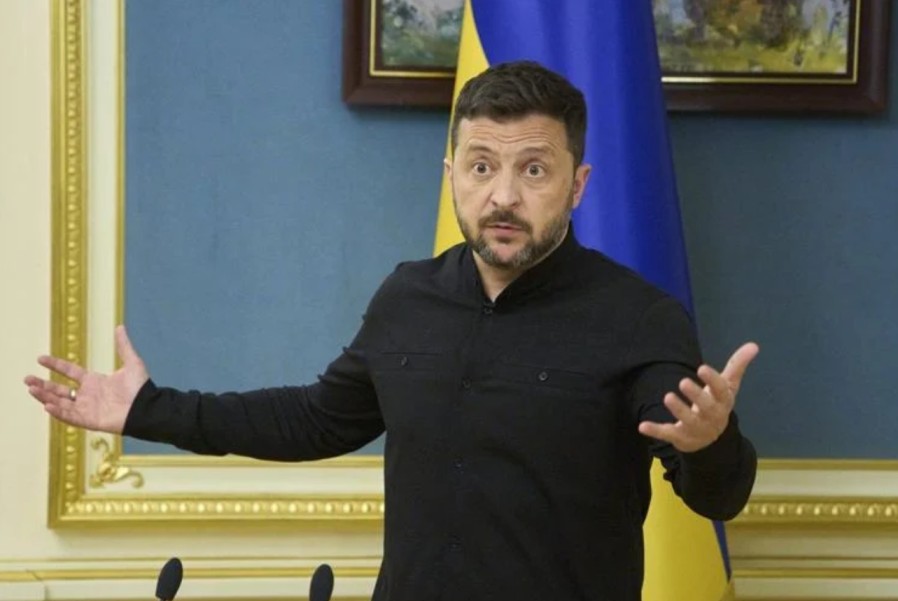
Federal Chancellor Friedrich Merz (CDU) speaks at a press conference after the meeting with Lithuanian President G. Nauseda at the Presidential Palace. Merz and Defense Minister Pistorirus take part in the ceremonial roll call of the German Armed Forces' 45th Armored Brigade in Lithuania.
Germany has taken a bold step in its military history by permanently stationing troops abroad for the first time since World War II. Chancellor Friedrich Merz officially inaugurated a German brigade in Lithuania this week, calling it a milestone in securing NATO’s eastern flank.
A Historic Military Shift
The deployment is more than symbolic—it marks a major shift in Germany’s defense strategy. Since 2017, German troops have participated in NATO missions in Lithuania, but this is the first time a brigade is being based there permanently. Positioned close to the Russian exclave of Kaliningrad and Belarus, the move underscores growing concerns over regional security.
Full Brigade by 2027
Currently, about 250 German personnel are stationed in Lithuania, forming the brigade’s “activation staff.” The brigade, known as the 45 Armored Brigade, is expected to reach full strength—approximately 5,000 troops—by the end of 2027. Bases will be established in Rukla and Rudninkai.
Helicopters thundered over Vilnius’ central cathedral square during the inauguration ceremony. Speaking to a crowd of troops and citizens, Merz declared, “Protecting Vilnius is protecting Berlin.”
NATO Unity Against Russian Threat
The deployment is part of a broader effort to bolster NATO’s eastern border amid persistent fears of Russian aggression. “The security of our Baltic allies is also our security,” Merz emphasized, sending a clear message of solidarity to NATO members and Moscow alike.
Lithuanian President Gitanas Nausėda called the moment historic. “This is a day of trust, responsibility, and action,” he stated after meeting Merz.
Strengthening the Bundeswehr
Germany is undergoing a major military overhaul. Merz reaffirmed that Berlin is investing heavily in its armed forces—the Bundeswehr—after years of underfunding.
“We want to send a signal to our allies: let us invest with determination in our security,” Merz said. He pledged to make the Bundeswehr the strongest conventional army in Europe.
Boosting Defense Budgets
Following Russia’s 2022 invasion of Ukraine, Germany committed to NATO’s 2% defense spending target. The government set up a €100 billion fund to modernize the military, which helped meet this goal. However, the fund will be exhausted by 2027.
To maintain momentum, Germany’s new coalition government has relaxed debt rules to allow for increased defense investment. Defense Minister Boris Pistorius has also laid out plans to raise the defense budget by 0.2 percentage points annually over the next five to seven years.
Lithuania Leads in Defense Spending
Lithuania, meanwhile, is setting new benchmarks in NATO. Starting next year, the Baltic nation will allocate between 5% and 6% of its GDP to defense—up from just over 3%. This makes it the first NATO country to adopt the 5% goal advocated by former U.S. President Donald Trump.
Looking ahead, NATO members are working on a plan that aims for each country to spend 3.5% of GDP on defense by 2032. An additional 1.5% would go toward related infrastructure like roads, bridges, airports, and seaports. Merz called these targets “sensible and achievable.”
Standing with Ukraine, Teaming with the US
Chancellor Merz has also thrown his weight behind diplomatic efforts to end the war in Ukraine. “We stand firmly by Ukraine,” he said, “but we also stand united as Europeans—and whenever possible, we act in tandem with the US.”
Germany’s permanent military presence in Lithuania marks a new era in European defense cooperation. With rising tensions in Eastern Europe, this deployment sends a strong message: NATO is ready—and united—to protect its members.


